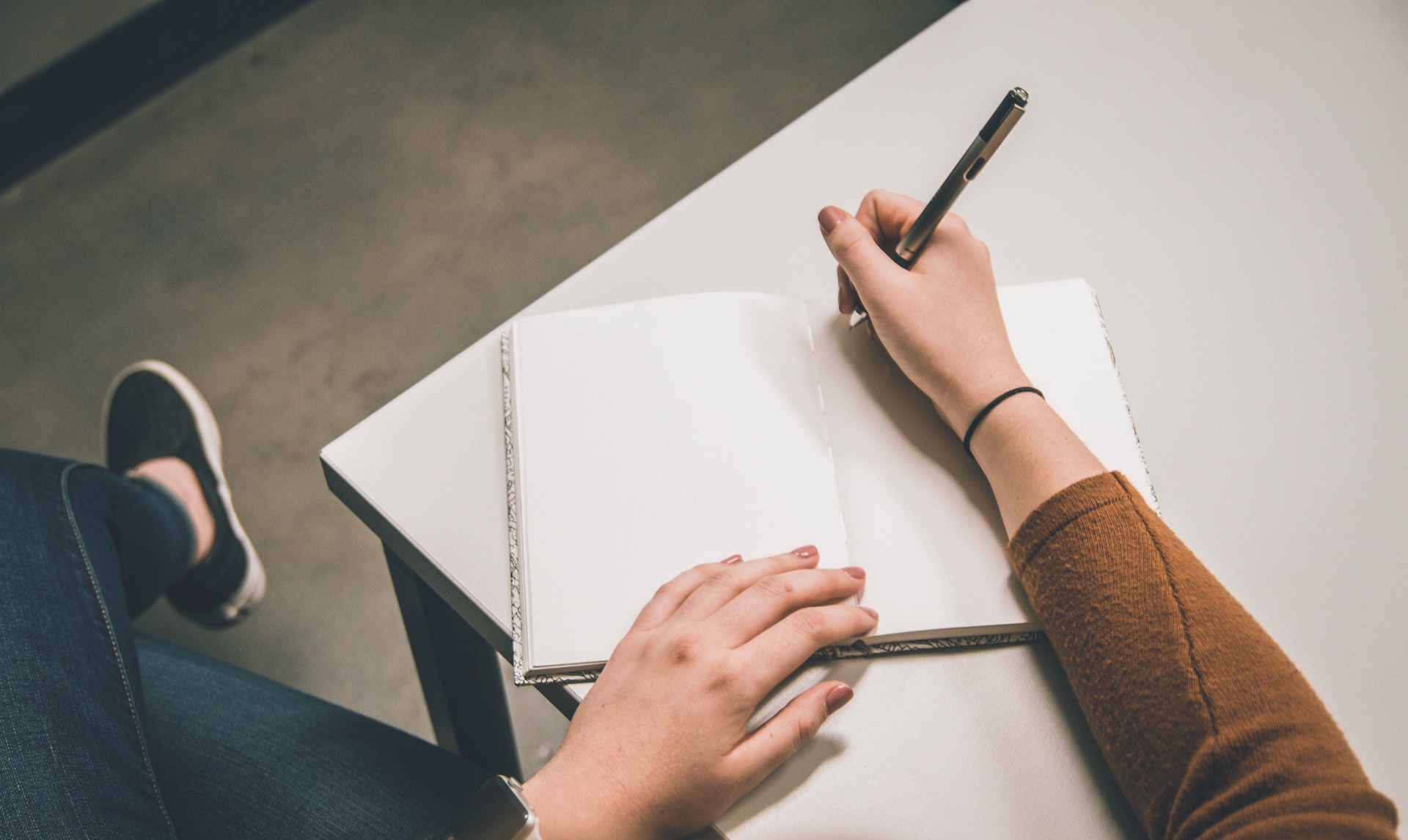As we continue to face weeks of downtime due to COVID-19, some may view this with a sense of serendipity–a chance to make lemonade out of lemons by optimizing every moment while staying safe at home.
Think of the items you could check off your to-do list that you’ve previously put off due to lack of time—home projects you’ve wanted to tackle, books you’ve wanted to read, recipes you’ve wanted to try, habits you’ve wanted to create.
But… how productive are you feeling these days?
Let’s recap…
For many of us, the biggest contribution we can make to ending this pandemic is by staying put at home.
If you are able to stay safe at home, there’s a temptation to shift to a vacation lifestyle–and that may be fine for a week or so, especially if you haven’t had one in a while.
And while most distractions are relatively harmless, others can be toxic.
In my experience, more free time rarely translates into more productivity.
Navigating this extended time at home will require an intentional, purposeful and disciplined mindset.
Over the past couple weeks, I’ve offered simple strategies to help optimize your productivity for those who can stay safe at home.
In Part 1, I discussed the benefits of scheduling your priorities as a way to help optimize your productivity while you’re dealing with downtime. In Part 2, I explored how sticking to a routine can help you feel like you have more structure and therefore more control over your days. If you haven’t already, check out Parts 1 and 2, then come back here for Part 3:
3. Keep a journal.
Thoughts untangle themselves over lips and through pencil tip. – Dr. Howard Hendricks
Since I started journaling, I have found that it helps me clarify my thinking, process events, and make better decisions.
For years, I had heard plenty of positive endorsements on journaling from leaders I admired, yet I kept putting it off until I literally forced myself to start during a vacation. If you’ve considered starting a journal (I use a digital tool called Evernote, and there are lots of paper versions you can order online) now is a great time.
Here are a few benefits I have mined from this rewarding and therapeutic practice:
– Process these unprecedented events: We are living through a collective global experience we will remember for the rest of our lives. What a great opportunity to keep a record of what you were thinking, praying, doing, and feeling that you can go back and review decades from now.
– Clarify your thoughts and experiences: Journaling helps me disentangle my thoughts and wrestle through the issues I’m facing.
– Connect with your feelings: Paying attention to your feelings by writing them down can help bring clarity and self-awareness to your life, especially during times of tension.
– Record meaningful lessons: Too often our busyness keeps us from noticing what our daily experiences are teaching us. I find that journaling helps me gain wisdom and a sense of presence.
I want to mention again that for those who work in law enforcement, healthcare, groceries, pharmacies, postal delivery, manufacturing (hundreds of manufacturing workers around the state and country are producing ventilators and other life-saving products!) and many other essential industries, this pandemic does not equal downtime.
For those of us who are staying put at home, try harnessing the power of predictability and habit by establishing a routine, scheduling your priorities, and recording your life in a journal during these unprecedented times.
I believe these strategies will help you will emerge from this downtime refreshed, renewed, and ready to make a difference.
How are you handling your downtime so far?
What are you thinking and feeling as you consider this extended time of isolation and slowdown?
How are you managing time?
Do you think utilizing these three strategies can help you feel more productive during this time of uncertainty?
I’d love to hear your feedback.


I have been writing people, I should take the time to write in my journal. I try to get up early and start the day with some exercise, bought some healthy foods and trying to live a healthier life. And I have been purging things I have not used in years, simple way to simplify my life. It feels really good. Although I am getting a bit stir crazy, can’t wait to go to a baseball game – Whitecaps!
Sounds like you’re staying productive, Debra! Here’s a great tool I learned from a fantastic book, “Atomic Habits” by James Clear to help you journal: Practice the 2 minute rule. Limit yourself to 2 minutes writing your journal–even if you only write one or two sentences, it’s a start. This simple step helped me launch a journaling habit nearly seven years ago.
Thanks you for your feedback!
Bill
Hi Bill,
I’ve been journaling for a couple years now many of the interesting and cute comments my grandchildren make so they’re not forgotten. The issues we’ve faced, the way our family has navigated through this pandemic, the time we have spent together over calls, pictures and texts I think will be valuable for them to read someday.
Thank you for your thoughtful comment, Joan. One of the biggest benefits I’ve experienced in nearly 7 years of journaling is looking back at my entries from the prior years. It not only reminds me of how quickly time passes, but it provides a point of context for remembering the rich experiences of my life.
So good to hear from you!
Bill